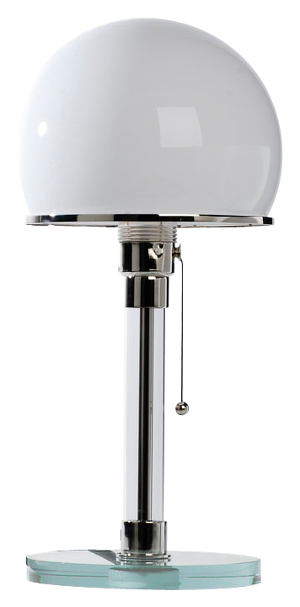Provenance research at the Bauhaus-Archiv
Systematic search for Nazi-confiscated cultural assets
On 1 April 2020, the art historian Corinna Alexandra Rader began a systematic investigation of the collection of the Bauhaus-Archiv in search of Nazi-confiscated cultural assets, in particular, from former Jewish owners. Even though the Bauhaus-Archiv was founded in 1960 and couldn’t have acquired any works during the years of National Socialism, provenance research still plays a central role due to our collection focus.
The Bauhaus-Archiv collects, preserves and studies artworks and objects of the Bauhaus as it existed in Weimar, Dessau and Berlin from 1919 to 1933. The Nazis vilified numerous Bauhaus artists as being "degenerate", resulting in the removal and confiscation of their works from German museums. Some 200 instructors and students of the Bauhaus were of Jewish descent and were thus subjugated to persecution, expulsion and even murder between 1933 and 1945. 25 members of the Bauhaus were murdered by the National Socialists in concentration camps, killed by forced military service or driven to suicide.
Many acquisitions and donations came directly from members of the Bauhaus. However, the archive has regularly added items to its collection with purchases from the European art market. Approximately 15 % of these acquisitions date back to the 1960s, and often very little is known about their previous owners. For these items, there is an urgent need for clarification.
We thank the Senate Department for Culture and Europe for generously financing this endeavour.
Case 1: Lyonel Feininger's “Halle, am Trödel”, 1929
in the video series Behind the Object on YouTube (with English subtitles) or read our case study (PDF).
Case 2: Works purchased from the antiquarian Ben Weinreb Ltd., London
in the video series Behind the Object on YouTube (with English subtitles) or read our case study (PDF).
Case 3: A Kandinsky for Rosa Berger
Read our study (PDF) about this case.
Case 4: The Legacy of Otti Berger at the Bauhaus-Archiv / Museum für Gestaltung
Read our study (PDF) about this case.
